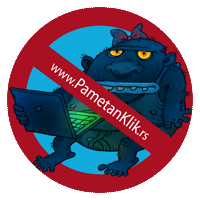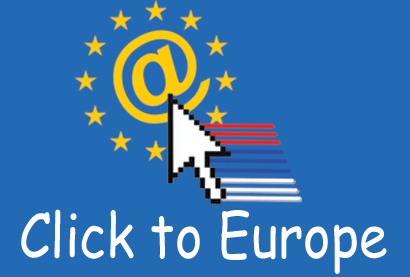

- Talk to your child about the truthfulness of content on the Internet . Show your children how accurate online content is by comparison with other relevant sources .
- Agree with your child that you will follow their online activities.
- Restrict the use of search engines for adults . Show and set on the homepage search engines that are safe for children.
- Learn more about how your child uses the Internet . Ask your child to show you their favorite sites and try to understand their contents .
- Use filter options which are available on most of the famous search engines.
- Surf together with your child and turn his/her attention to security issues as they arise.
- Teach your child to come to tell you when he/she senses a potentially embarrassing situation online .
- Create a special account for your child and set the appropriate level of protection.
- Check the web sites your child has visited in order to determine whether they correspond to the age of your child.
- Make sure your computer is well protected (for more details see Resources)
- Teach your children not to download illegal material from the Internet.
- Make a list of suitable web sites .
For a list of Internet search engines for children , suitable web sites and a list of security options in browsers and operating systems , see the page Resources
This web site is a part of the project
IAN-International Aid Network

and
![]()
Project is supported by:
European Union

Delegation of the European Union to the Republic of Serbia Under the EU-funded Strengthening Serbia-EU Civil Society Dialogue Project
and
![]()
This web site has been produced with the assistance of the European Union. The contents of this web site are the sole responsibility of International Aid Network and can in no way be taken to reflect the views of the European Union.












